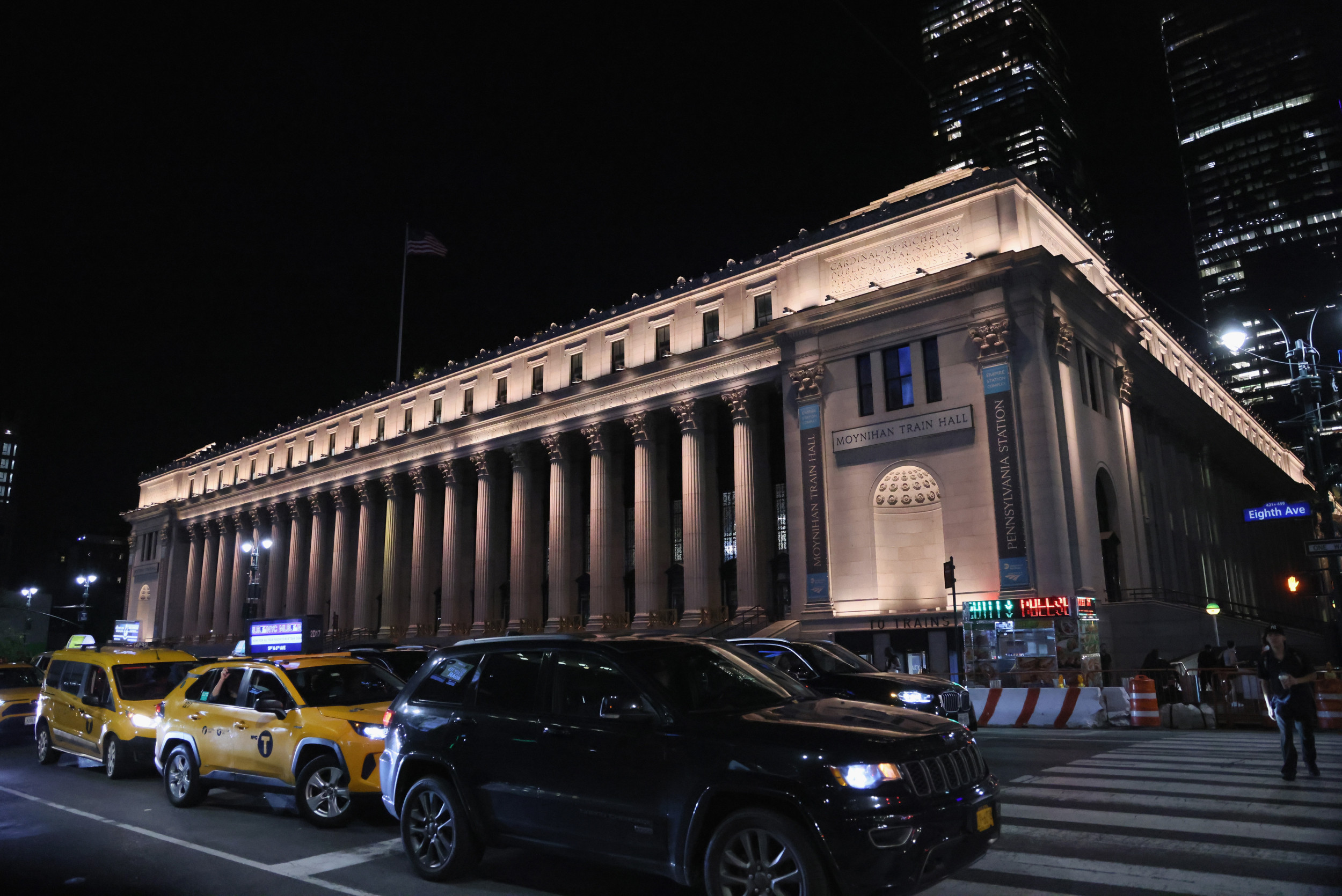President-elect Donald Trump has filed a request with the U.S. Supreme Court to pause the enforcement of a law that could lead to a ban on the social media platform TikTok in the United States.
In a 25-page amicus brief, Trump asked the justices to delay the January 19 deadline, the day before Inauguration, to allow his administration to negotiate a resolution and avoid the need for a ruling.
Newsweek reached out to the Trump transition team for comment on Friday evening.

The Context
Lawmakers and intelligence officials warn that ByteDance, TikTok's parent company, could exploit its ties to the Chinese government to collect sensitive data from 170 million U.S. users or manipulate public opinion through the app's algorithms.
A bipartisan law requires ByteDance to sell its U.S. operations by January 19 or face a nationwide ban. Supporters argue the law addresses risks from foreign influence, while critics say it infringes on free speech and overlooks alternatives like stricter data regulation.
What to Know
Trump's stance on TikTok has evolved significantly. During his first term, he supported banning the platform but reversed course during his recent campaign, praising TikTok for engaging young voters. He now pledges to "save TikTok," describing it as an essential tool for free expression.
In a legal brief, Trump's team emphasized his intent to resolve the issue through negotiation after taking office on January 20. His lawyer, D. John Sauer, argued, "President Trump alone possesses the consummate dealmaking expertise, the electoral mandate, and the political will to negotiate a resolution to save the platform while addressing the national security concerns expressed by the government."
Meanwhile, TikTok is challenging the law that mandates its divestment or banning, arguing it violates free speech rights. "The First Amendment exists to protect free speech in the United States," TikTok's lawyers wrote, emphasizing that the platform fosters a unique online community that would be destroyed by the ban.
The Justice Department, however, defends the legislation, citing national security risks linked to TikTok's Chinese ownership. Solicitor General Elizabeth Prelogar stated that ByteDance's control allows the Chinese government to collect sensitive data and potentially carry out covert influence operations through the app.
TikTok's legal arguments also reference Trump's changed position, suggesting a compromise is possible once he assumes office. "President-elect Trump has expressed a willingness to negotiate a resolution that balances national security interests with preserving the First Amendment rights of Americans," the platform's filing noted.
What People Are Saying
President-elect Trump said during a press conference at Mar-a-Lago on Monday: "I have a warm spot in my heart for TikTok. I am confident in achieving a resolution that secures national security and preserves American rights."
Elizabeth Prelogar, U.S. Solicitor General: "The law mitigates threats not by imposing any restriction on speech, but by prohibiting a foreign adversary from controlling the platform."
What Happens Next
The Supreme Court will hear arguments on January 10 and issue a decision before the January 19 deadline. Trump has promised to prioritize negotiations to prevent TikTok's shutdown and address security concerns through political means once he takes office. The outcome could influence future policies governing foreign-owned technology companies.




.png)





.png)









 English (US) ·
English (US) ·